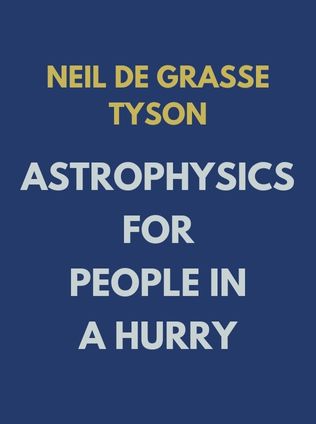
A Short History of Nearly Everything
By Bill Bryson
Published 01/2003
About the Author
Bill Bryson, a prolific author and journalist, is known for his ability to weave together complex topics with a unique blend of humor, curiosity, and accessible prose. Born in Des Moines, Iowa, in 1951, Bryson developed an early interest in travel and exploration, which eventually led him to study and work in England. His books often revolve around his experiences and observations as a traveler, whether he's recounting his journeys through the English countryside in "Notes from a Small Island" or delving into the mysteries of the universe in "A Short History of Nearly Everything." Bryson’s writing is characterized by a light-hearted tone that makes even the most challenging topics approachable for the general reader.
"A Short History of Nearly Everything" is one of Bryson’s most ambitious works. Written in 2003, this book marks a departure from his usual travelogues, as Bryson turns his attention to the vast and often bewildering world of science. In this book, Bryson sets out to explore and explain the natural world in a way that is engaging and understandable to those who, like himself, might have found traditional science education daunting and inaccessible. With his characteristic wit and insight, Bryson brings the wonders of the universe to life, from the smallest particles to the grandest cosmic phenomena.
Main Idea
The central theme of "A Short History of Nearly Everything" is that science, despite its many breakthroughs, is far from being a finished product. Bryson emphasizes that there is still much we do not know about the world around us, and the pursuit of knowledge is an ongoing, often messy, process. Through his exploration of various scientific disciplines, Bryson reveals the human side of science—the stories of the people behind the discoveries, their triumphs, and their failures. He challenges the notion that science is a neat and orderly collection of facts and instead presents it as a dynamic and sometimes contradictory field where mysteries abound and questions often lead to more questions.
Bryson’s aim is not just to inform but to inspire curiosity and wonder. He encourages readers to appreciate the beauty and complexity of the natural world and to recognize that the quest for understanding is as important as the knowledge we have already gained. This book is both a celebration of human ingenuity and a reminder of our limitations, urging us to continue exploring the unknown with humility and enthusiasm.
Table of Contents
- The History of the Universe
- The Life Cycle of Stars
- The Formation of the Solar System
- Unsolved Mysteries of the Universe
- The History of Planet Earth
- The Age of the Earth
- Interior Structure of the Earth
- Plate Tectonics
- Ice Ages
- The History of Life on Earth
- The Origin of Life
- The Theory of Evolution
- The Progression of Life
- Hominids
- Extinctions
The History of the Universe
At the beginning of his exploration, Bryson takes readers back to the very origin of the universe—the Big Bang. This monumental event marks the birth of time, space, matter, and energy. Bryson describes the Big Bang not as an explosion in the traditional sense but as the rapid expansion of the universe from a singular point of unimaginable density and heat. The idea that everything we know emerged from this singularity is both awe-inspiring and perplexing. Bryson makes it clear that the exact nature of the Big Bang remains one of science's great mysteries:
Sign up for FREE and get access to 1,400+ books summaries.
You May Also Like
Factfulness
Ten Reasons We're Wrong About the World – and Why Things Are Better Than You Think
By Hans Rosling



















